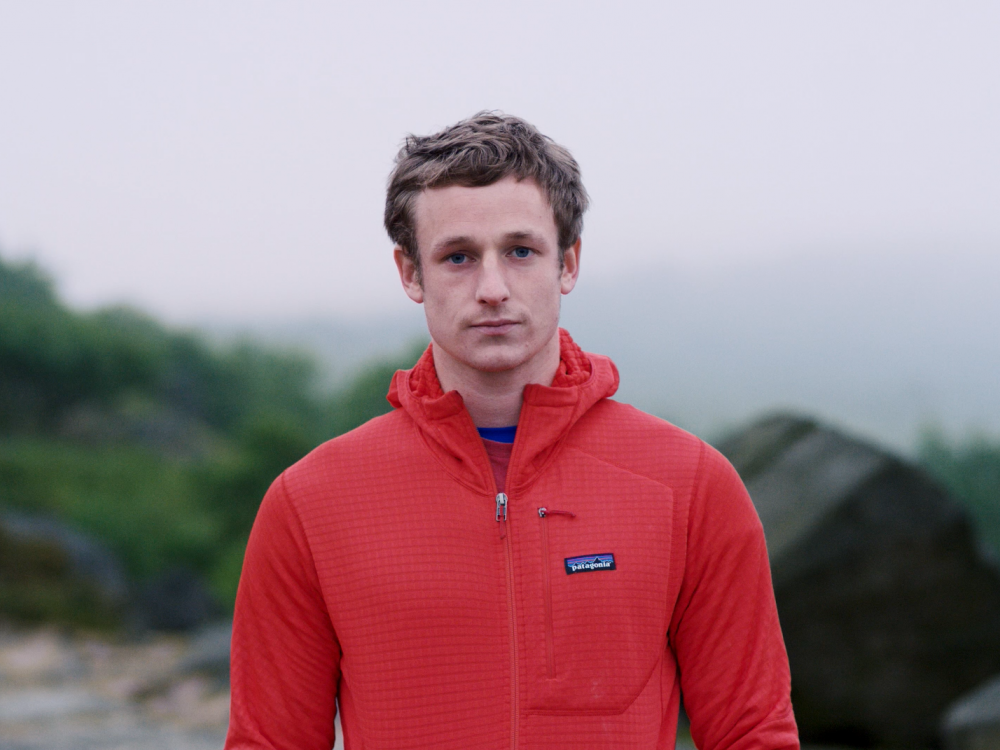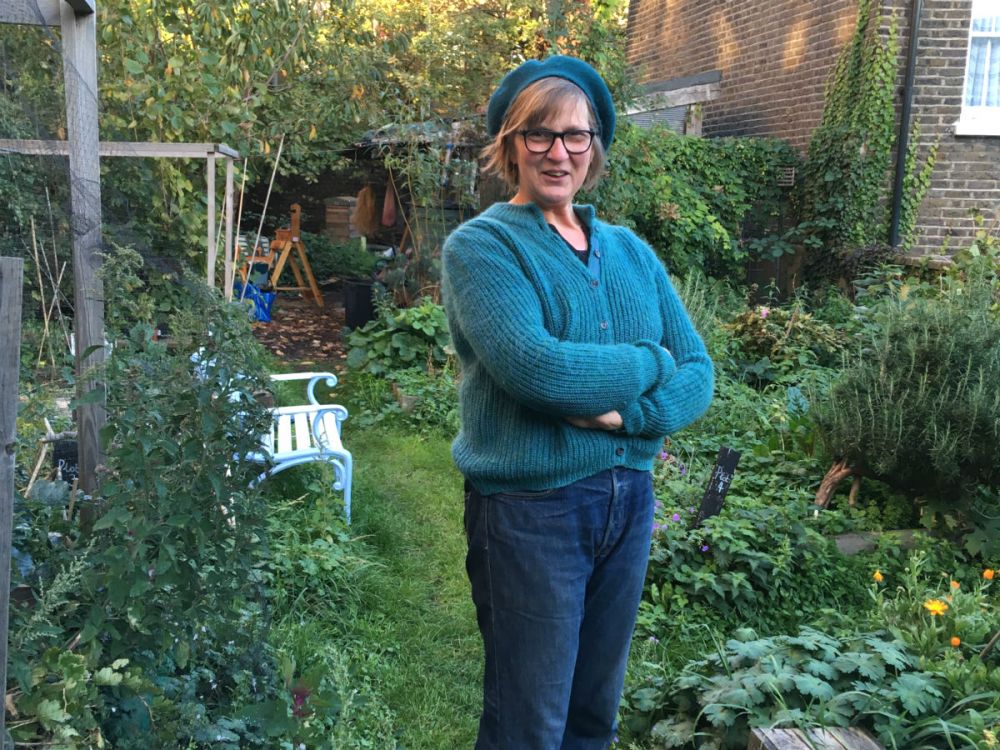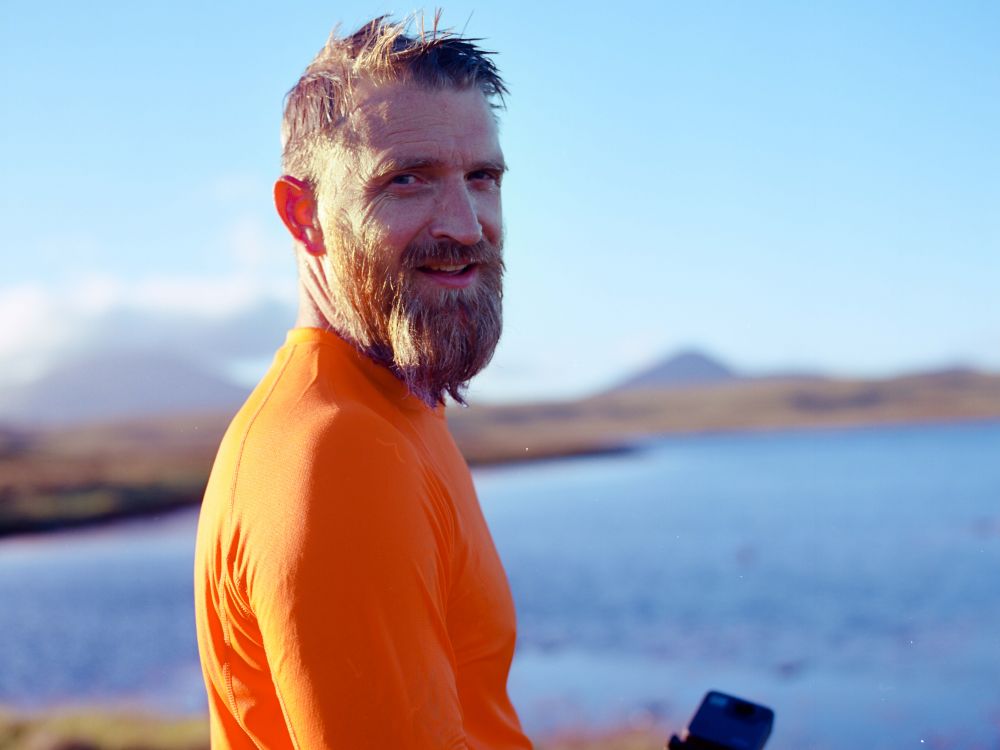

Earthed issue 21, Spring 2019

Welcome to Earthed – a taster of the work that Friends of the Earth supporters are making possible right now. Meet the people, visit the places they care about, and take action to protect your environment.
Scroll on – or read Earthed here (pdf).

Cliff hanger


“I’ve climbed in lots of stunning settings around the world. But climbing in the English countryside will always be special to me."
Pete famously scaled the towering vertical rock known as El Capitán, at Yosemite National Park in the United States. Not only did he do it all-free rope solo – a particularly
challenging technique on a notoriously difficult rock — he did it in less than 24 hours. The previous fastest time was 4 days.
But while Pete spends much of his life clinging to cliffs high above ground, he’s got strong views on what’s going on below.
Having grown up in the Peak District, Pete returned to his hometown of Sheffield last year to face up to a new challenge: fracking.
“Where we are right now is Wharncliffe Crags – these are protected from drilling,” he explains in a short film for Friends of the Earth. “But just 200 metres away to the east
and west of here the land is licensed.”
Pete is referring to licences for exploratory drilling that could lead to fracking. More than 17,000 square kilometres of England is covered by licences to explore for oil and gas. These put large parts of the countryside at risk of industrialisation – including areas enjoyed by climbers, walkers, and mountain bikers.
“I think we should stand up for our environment,” he says.
Watch Pete speak out on the importance of nature and outdoor spaces – and the need to protect them from fracking.

Not-so-secret gardener


Nature's space man


"I had a simple idea. To go on a walk
and make a short film that shows the United
Kingdom in the correct proportions.
"From above you start to see how hard it
is to find any parts of this country where
people haven’t had some kind of imprint
on the landscape.
"One of the most shocking things was
realising that half of all the cereal crops
you see in the countryside are fed to
livestock. What else could we do with
that land?
"One in 7 species in the UK is at risk of
extinction. Could we create more space
for wildlife? Of course we can. The first
step is to see clearly what this country
looks like now.
"I hope this film ignites a
conversation about what we
want the UK to look like –
and what we want it to be like."
Watch Dan's film 'The UK in 100 Seconds', made in collaboration with Friends of the Earth.

Thank you for bee-ing there
Since we began campaigning to help the bees in 2012, Friends of the Earth supporters have achieved some remarkable results. We persuaded the government to launch an action plan in 2014 – and more recently it backed the ban on 3 key bee-harming pesticides. And our citizen science project, the Great British Bee Count, helped champion better monitoring of bee populations.
There's no official Bee Count this year – but it’s not too early to start planning summer trips to the UK’s best gardens and wild places where you can keep an eye out for our busy friends.

5 ways the UK can go carbon neutral
Being carbon neutral, or net-zero, would mean removing as many emissions as we produce.
As well as doing our bit to stop runaway climate change, we would enjoy clean air, flourishing wildlife and thriving new industries.
To get there, the UK needs to produce much less pollution – but also remove climate-change gases from the atmosphere.
to help protect people and planet
Natural highs on your doorstep
Why not enjoy a nature spot near to home this summer? After all, Friends of the Earth supporters helped protect some of the best the UK has to offer.
Lough Neagh, Northern Ireland
Our largest freshwater lake, where big skies and open stretches of water make for awesome sunrises and sunsets. Friends of the Earth is campaigning to end unlawful sand dredging.

Stonehenge and Avebury, Wiltshire
Wiltshire is stuffed with neolithic and bronze age wonders, from the curious Silbury Hill to the imposing West Kennet Long Barrow. Stonehenge is the centrepiece. Friends of the Earth is working with the Stonehenge Alliance against a road scheme which could jeopardise Stonehenge and Avebury’s world heritage status.

Otmoor, Oxfordshire
These wetlands have survived the threat of 2 road schemes since the 1980s, thanks in part to Friends of the Earth campaigners. Listen for skylarks, swifts and swallows, and for turtle doves purring in the hedgerows – which breed at Otmoor.

South Downs National Park, Sussex and Hampshire
Our newest national park, designated in 2010 with the help of Friends of the Earth’s Brighton and Hove group and others. The South Downs Way stretches for 100 miles and offers spectacular views.

Druridge Bay, Northumberland
Miles of pristine coastline between Amble and Cresswell that we’re trying to protect from a new coal mine. Listen for the grasshopper warbler in the evenings.








